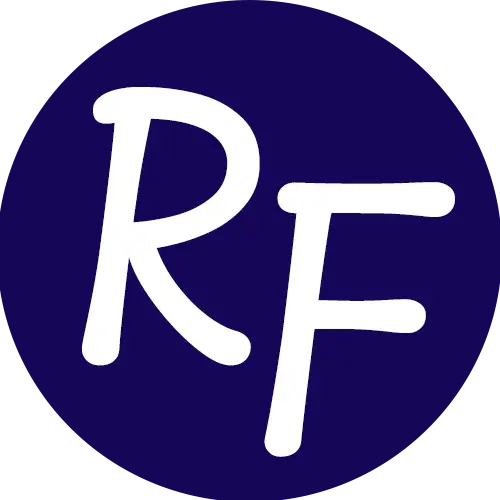This content has been archived. It may no longer be relevant
Today, I was talking to a collegue about how his 19 year old daughter gets her music. He told me about that a few weeks ago his daughter had 4 friends over to the house and they were on her computer using limewire to download their music and then sharing it with each other via usb flash drives. I asked him whether they understood that they were stealing the music. He told me they didn’t believe they were stealing – its coming from Limewire and it’s not as if it’s a real CD. He explained to me that he asked them the same question about movies and they all believed that downloading a movie was stealing – because they see it in a mini commercial on every DVD and whenever they go to see a movie at the theater.
I believe this is prevalent in the thinking of today’s youth. Removing a physical CD from a store is well understood as stealing, the same goes for removing a DVD from a store. Even with music download sites like iTunes, where you have to pay to download music, there is still a belief that downloading music is not stealing. The movie industry has gone a long way to educate people that downloading is stealing. The RIAA prefers to file lawsuits as its method to educate. Perhaps if it took the money made from settlements with consumers and invested it in ways that help educate consumers such as TV commercials, billboards, and other mass communications, there would be less people using peer-to-peer download sites and more people buying music from legitimate download sites.





